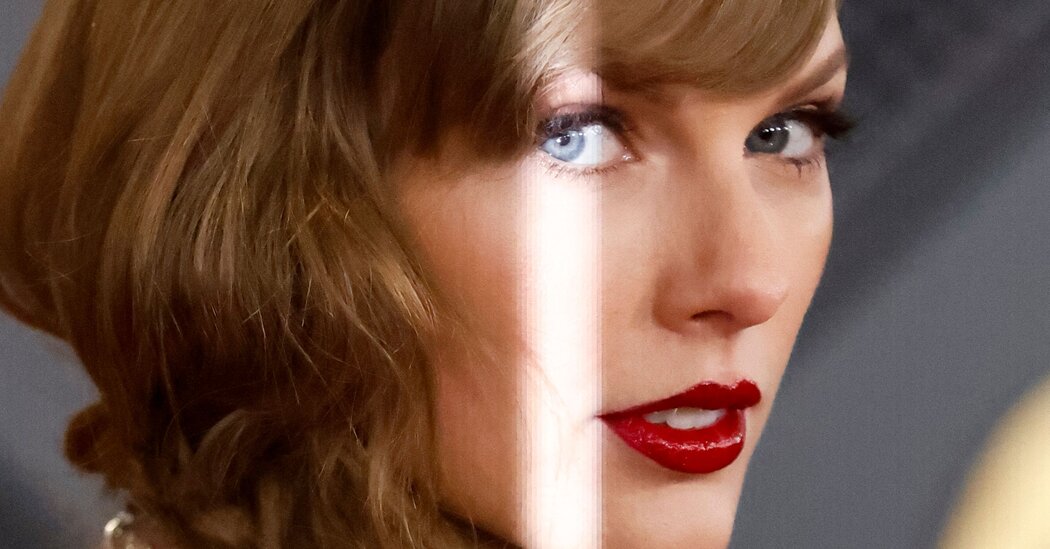And then, of course, there is Swift’s fascinating pushback against her more judgmental fans. She’s defiant on the much-discussed “But Daddy I Love Him” — “I’ll tell you something about my good name, it’s mine alone to disgrace,” she tells all the “wine moms” and “Sarahs and Hannahs” who clutch their pearls when Swift is seen with someone they don’t approve of — but I’ve also been thinking about its sister song on the second LP, the forlorn “How Did It End?” On that one, Swift woefully braces herself for all the chatter that will accompany the public announcement of a breakup, with all the people she knows and millions she’ll never meet demanding, “We must know, how did it end?”
That sounds exhausting, yes, but I would also love to hear Swift grappling more with her own role in that dynamic. Because even while she is bemoaning that kind of intrusiveness, I don’t know if she’s ever released an album that so explicitly lends itself to the kind of lyric-by-lyric analysis of whom she’s singing about. How do you all square the desire for privacy she seems to crave in many of these songs with the simultaneous Easter egginess of it all?
PARELES Lindsay, I wouldn’t call it a craving for privacy — not when she’s spending three hours a night onstage, walking red carpets and enjoying a public display of affection at the Super Bowl. Rather than privacy, the theme is more like seeking autonomy under the spotlight: the right to make good choices and bad ones, to learn — or not — from mistakes, to wreak vengeance or come to terms with regrets (the way she does in “Chloe or Sam or Sophia or Marcus”). I’ve never been a big fan of the pains-of-fame album, which can easily tilt into self-pity; it takes a songwriter as great as Joni Mitchell to come up with a song as telling as “For the Roses.” To me, a line like “I love you, it’s ruining my life” is a lot more resonant than “I was hitting my marks.” Somehow Swift has managed to get her fans to identify not just with her heartaches but with career pressures that, at this point, are self-imposed.
SISARIO I don’t see the duality of Swift’s on/offstage personae as a conflict as much as fodder for the enterprise. Yes, the dissonance between the outward triumph and joy of the Eras Tour, on the one hand, and the interior agony she was apparently going through at the same time, is intriguingly jarring. But the theme running through so much of her work is performative misery, which she turns into gold by celebrating it with her fans.
PARELES One thing that’s virtually absent from this album is the playful but self-questioning touch that Swift brought to “Anti-Hero.” The songs on this album are pretty much just sad or angry. The upbeat moments, like “Who’s Afraid of Little Old Me?” or “But Daddy I Love Him,” still lash out at targets, and even “Imgonnagetyouback,” which is at least partly a wordplay exercise, has pushback at its core. After the self-reflection of the last few albums, are we headed back to teenage petulance?
SISARIO Something that “Tortured Poets” drove home for me is that perhaps Swift’s greatest strength is how she has melded songwriting and journaling. Even she admits she’s no Patti Smith. But her gift is conveying the sense of honest intimacy, letting her feelings spill out in ways that seem straight from the heart. Her most powerful lyrics often involve telling details — a scarf, a cardigan — that are like burning memories.
